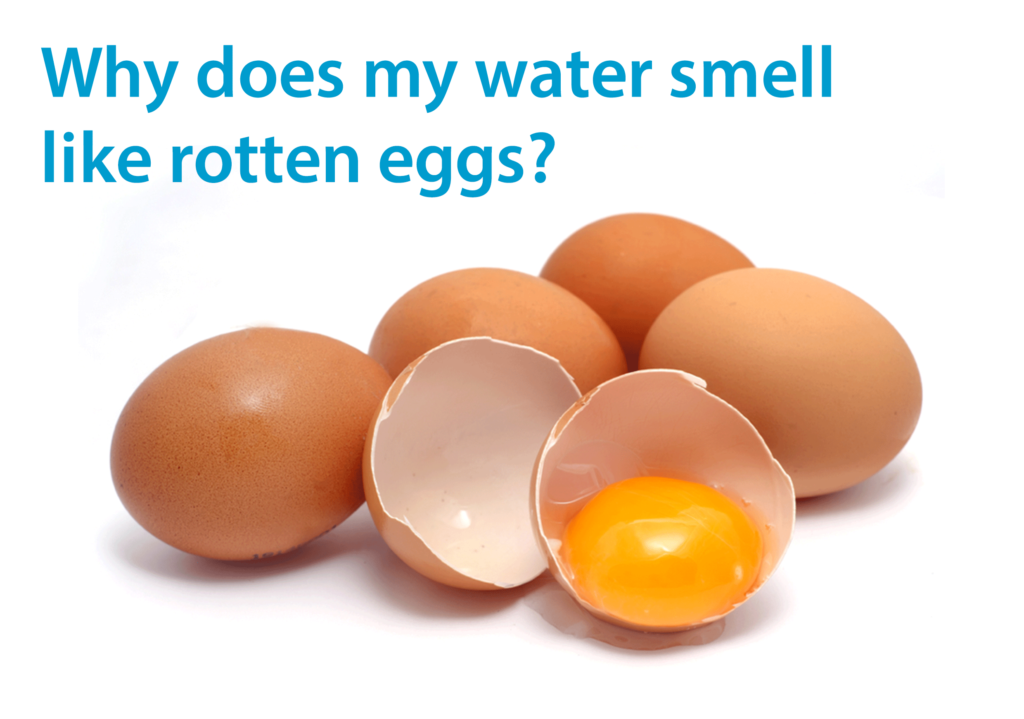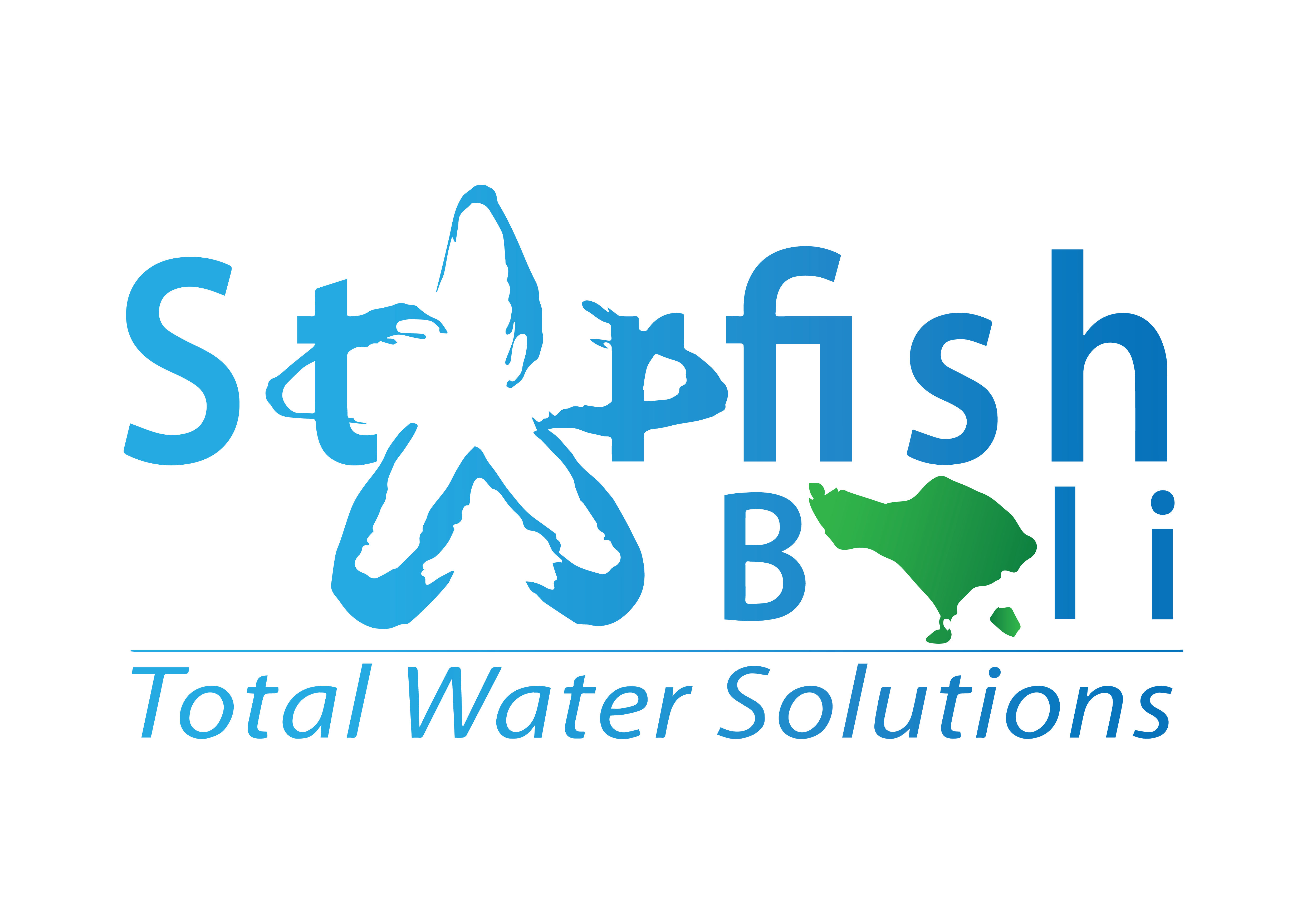
If your water smells like rotten eggs, the odor is usually caused by the levels of sulfur bacteria and hydrogen sulfide gas that can be found in a building’s water supply. If you only experience the smell when using your hot tap, it may be a chemical reaction occurring inside your hot water heater, and not a problem with your water supply.
You may be surprised to know that there are over 316 chemicals in drinking water. For many people it can be a common problem to have strange odors coming from their tap water, especially if the supply comes from a well or still source.
Quick Facts
- If your tap water has a rotten egg odor it is likely caused by hydrogen sulfide gas
- Although in most instances your water will be perfectly safe to drink, a rotten egg smell can be a sign of dangerous water contamination
- There are several ways you can locate and remove the problem.
Potential Problems with Hydrogen Sulfide
If you have hydrogen sulfide in your water supply it can damage pipes as it corrodes many different types of metals and can also cause black stains on silverware and plumbing fixtures. In most cases drinking water that has a strong rotten egg odor, although particularly unpleasant, is perfectly safe to drink. However in some rare occasions the odor may be caused by sewage or other contaminates in a building’s water supply, which could cause health problems.
What Causes The Smell?
If your water smells like rotten eggs, the odor is usually caused by the levels of sulfur bacteria and Hydrogen Sulfide that can be found in a building’s water supply. If you only experience the smell when using your hot tap, it may be a chemical reaction occurring inside your hot water heater, and nota problem with your water supply.
What Should You Do?
If you do experience any new odors it is always important to find the source of the problem by checking taps and water supplies around the building.
If the smell is only from the hot water tap the problem is likely to be in the water heater. Contacting a trained boiler inspector is the best cause of action here.
If the smell is in both the hot and cold faucets, but only from the water treated by a water softener and not in the untreated water the problem is likely to be sulfur bacteria in the water softener. Changing the water softener solution will solve this issue.
If the smell is strong when the water in both the hot and cold faucets is first turned on, and it diminishes or goes away after the water has run, or if the smell varies through time the problem is likely to be sulfur bacteria in the well or distribution system. This could also be a sign that there is a more dangerous problem in your water supply.
If the smell is strong when both the hot and cold faucets are first turned on, the problem is likely hydrogen sulphide in the groundwater. This could also be a sign that there is a more dangerous problem you’re your water supply.
If you are concerned about what is in your water you can purchase test kits that will check the levels of hydrogen sulfide, sulfate, sulfur bacteria, and iron bacteria.
Improving Your Drinking Water
One of the better alternatives to drinking straight from the tap is using a water filter that eradicates harmful contaminants. At Waterlogic, our mission is to deliver fresh, clean water to all offices. Our Firewall™ filtration water coolers eliminate 99.9999% of bacteria found in tap water sources. Take a look at our product line or request your quote for a water cooler.
